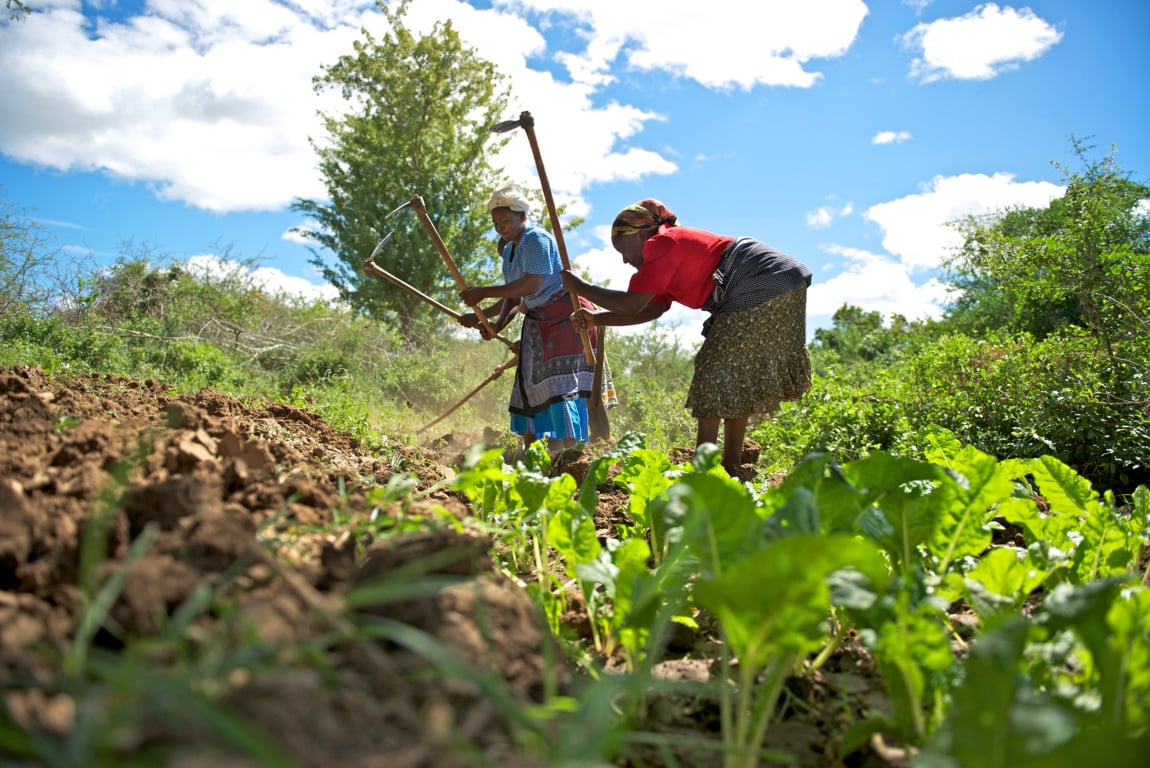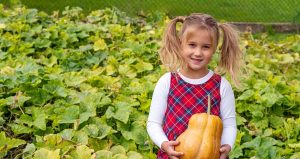NEW YORK, July 22, 2024 – In a major step toward advancing agricultural development in Africa, Michigan State University’s (MSU) College of Agriculture and Natural Resources (CANR) has signed a Letter of Intent (LoI) to collaborate with African Food Security (AFS), a rising agri-development company based in Cameroon. The goal is to explore innovative ways to improve agricultural productivity across the African continent.
Michigan State University, one of the United States’ top land-grant universities, is globally recognized for its expertise in agriculture, natural resources, and international development. With active programs in over 80 countries, MSU’s CANR has a long history of working with institutions around the world to share knowledge, support education, and promote sustainable farming practices.

Zayd Baba, Chairman of AFS, emphasized the importance of this partnership, stating during a conference in Dubai:
“This collaboration brings us closer to developing a world-class agricultural project in Africa through skill transfer and education. Education is the foundation of sustainable growth.”
The partnership will explore student and faculty exchanges between MSU and universities in Cameroon, including the University of Ngaoundere and the University of Maroua. Focus areas include agronomy, animal nutrition, cattle genetics, soil health, and even the possibility of creating a joint Center of Excellence in either West Africa or the UAE.
Alan Kessler, CEO of African Food Security, added from Yaoundé:
“Cameroon has everything—rich soil, rainfall, and sunlight—yet still imports maize. That needs to change. With MSU’s global agricultural expertise, we aim to transform Cameroon into a maize exporter through the African Free Trade Agreement. Our collaboration will also advance livestock health, feed access, and climate-smart farming techniques.”
This partnership marks a powerful step toward redefining African food security—with a focus on local innovation, sustainability, and knowledge exchange.


Leave a Reply